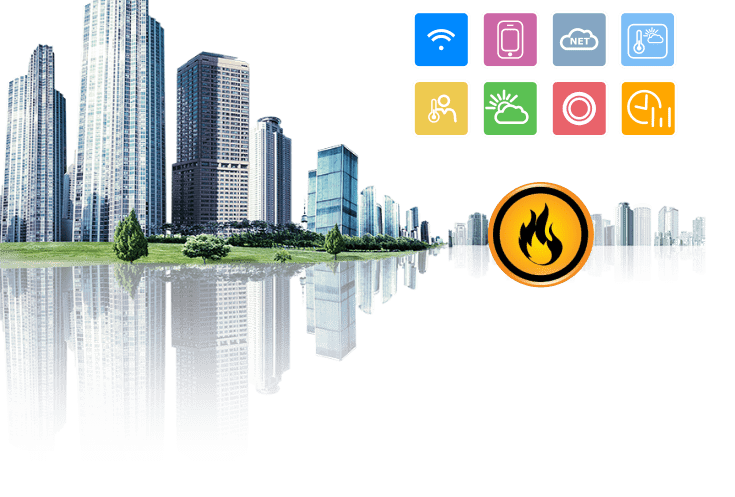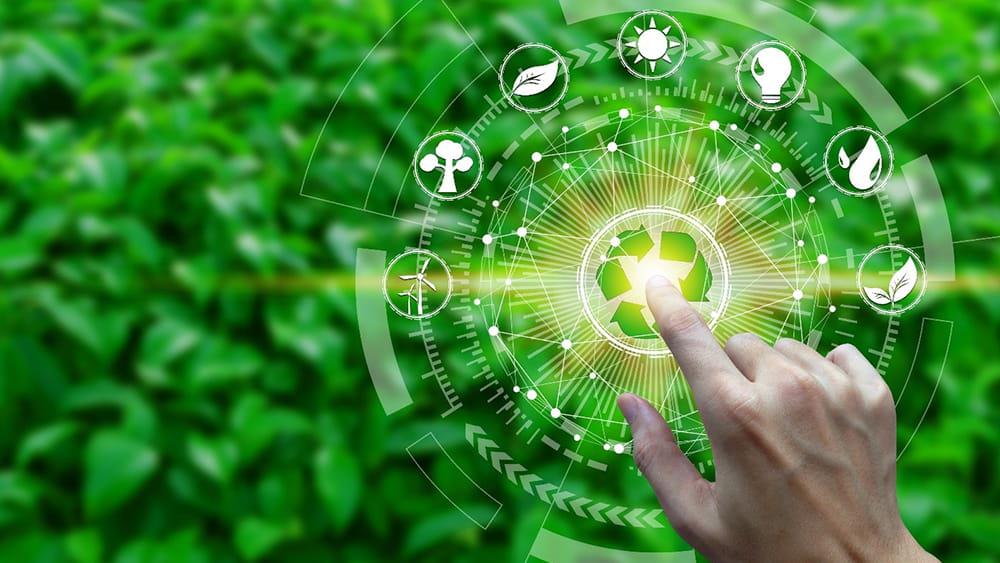OFFGRID (offgrid) is a concept and lifestyle that means independence from centralized systems of electricity, water supply and other utility resources. The main idea of offgrid is to be self-sufficient in energy and resource needs using renewable energy sources and sustainable consumption methods.
Main aspects of offgrid:
- Energy - using solar panels, wind turbines or biofuel generators to produce electricity instead of connecting to the electricity grid.
- Water — collection and purification of rainwater, use of filtration and recycling systems to provide drinking and domestic water.
- Heating and cooling — using efficient heating systems such as heat pumps or biofuel stoves and passive cooling methods to minimize energy consumption.
- Waste management — sustainable waste management through recycling, composting and minimizing the use of packaging materials.
Offgrid advantages:
- Independence - the ability to live in remote areas or in remote areas without access to centralized utility systems.
- Environmental sustainability — reducing the environmental footprint through the use of renewable energy sources and efficient resource management.
- Financial benefits — reduction in utility costs and energy consumption in the long term.
Offgrid calls:
- Technologies and equipment - requires investment in specialized equipment for self-sufficiency.
- Infrastructure support — the need for maintenance and updating of systems in offgrid practice.
Offgrid provides an alternative to traditional lifestyles that emphasizes sustainability and independence, while also promoting conservation of natural resources and improving quality of life.





